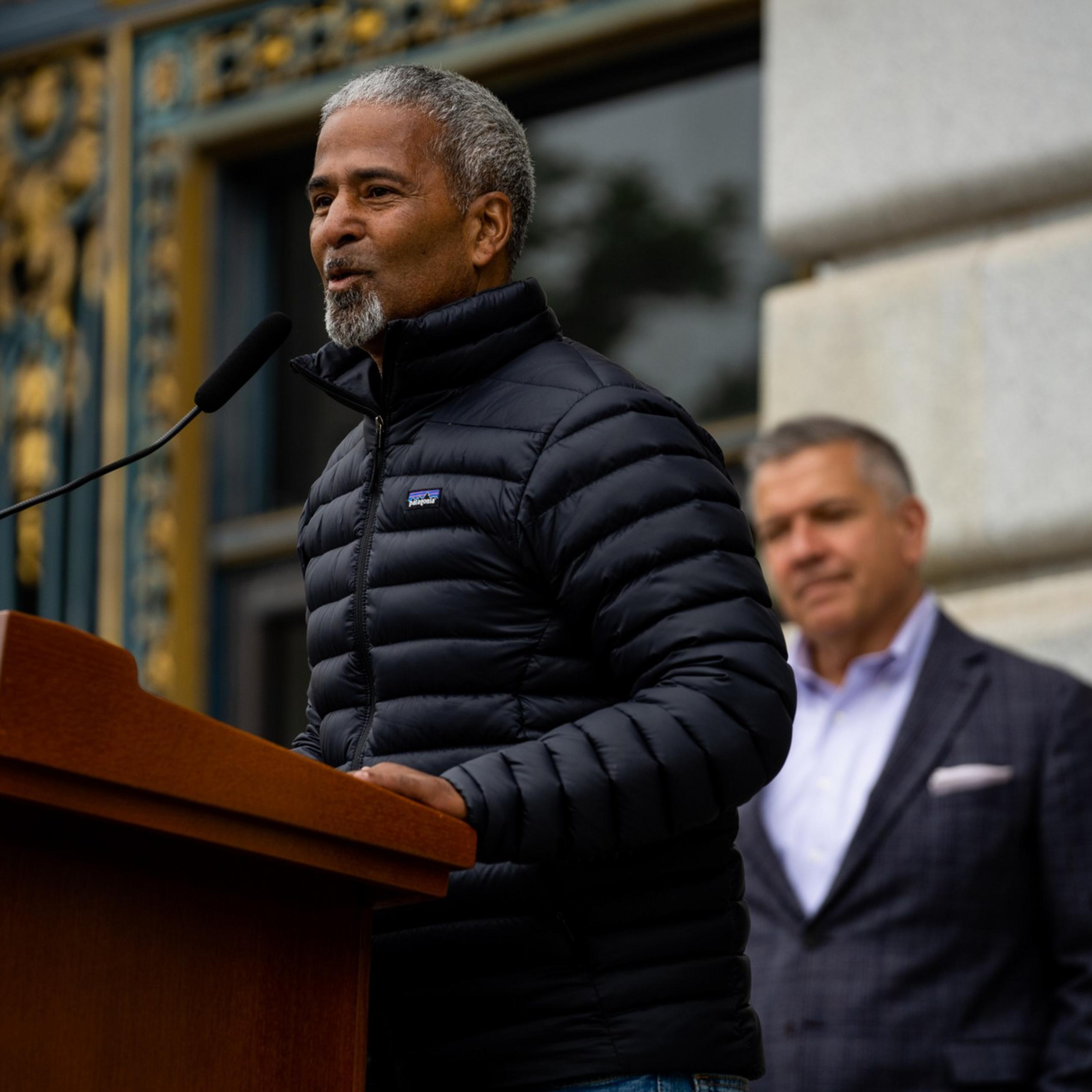A troubled San Francisco nonprofit whose executive director shared a home with a former city official has lost grants after two city departments pulled their funding.
The nonprofit, Collective Impact, has not been barred from doing business with San Francisco in the future, and it is unclear if the city will honor its remaining outstanding invoices.
The cancellation is the latest fallout from a scandal that has roiled San Francisco’s sprawling network of nonprofits and badly damaged Mayor London Breed’s showcase initiative for the Black community.
The Human Rights Commission and the Office of Economic and Workforce Development will cancel five contracts worth millions of dollars, citing a conflict of interest between the former head of the HRC, Sheryl Davis, and Collective Impact.

Davis resigned from HRC in September after The Standard reported that she had approved multiple six-figure contracts with Collective Impact while sharing a home and car with James Spingola, who leads the nonprofit.
As part of an ongoing investigation, the city determined that Davis had a financial interest in Collective Impact as the organization had purchased her books and covered costs related to her podcast.
It is unclear how this might affect the status of executive director Spingola, who told The Standard he had yet to hear the news.
The mayor’s office declined to comment. In a statement, the Human Rights Commission called the decision “difficult news to deliver to a community which has recently experienced unquantifiable loss.”
The statement continued, “The Human Rights Commission remains committed to working with the City’s enforcement agencies to ensure fair treatment of and equity in supporting our community-serving nonprofit organizations, so that they have a clear understanding of their legal obligations when doing business with the City and receiving taxpayer dollars.”
Contracts worth millions
Collective Impact has three contracts with the Department of Economic and Workforce Development, worth a total of $8.1 million, that were set to expire in 2025, according to the city’s Open Book system (opens in new tab). The two HRC contracts, set to expire this spring, totaled $2.5 million.

Under city contracts, nonprofits typically do not receive all funds upfront. Instead, they spend to do the work promised, then send the city a purchase order requesting reimbursement. Collective Impact is waiting to receive $4.6 million in payments from the city, Open Book shows.
In a statement, a spokesperson for HRC said the agency plans to “withhold payment of all outstanding invoices until their ongoing audit and investigations are complete.”
Collective Impact runs programs for low-income and at-risk youth in the Western Addition. The cancellation of funding could cripple the nonprofit, one of the major recipients and distributors of the Dream Keeper Initiative. That program, created by Breed, has come under scrutiny for how city funds have been managed and spent. She launched the initiative in 2020 in collaboration with Supervisor Shamann Walton to redirect funds to economic and cultural development in Black communities.
Growing scandals
Founded in 2007, Collective Impact received some $7.5 million through the Dream Keeper Initiative, the second-highest amount among roughly 350 recipients.
Collective Impact’s most recent filing with the Internal Revenue Service shows $7.47 million in revenue in 2023, with nearly 90% of funding coming from government grants.
Between 2021 and 2022, Collective Impact received $1.5 million in contracts approved by Davis during a period when she and Spingola shared a home.

While Davis later recused herself from approving contracts for the nonprofit, she did not inform the city about the living situation, despite rules requiring such a disclosure.
The nonprofit also failed to inform state officials about the potential conflict of interest, documents show.
Davis in 2021 received payments from Collective Impact, according to internal financial documents obtained by The Standard, in a potential violation of the law. Records show Davis collected more than $5,000 in reimbursements for software subscriptions and other expenses from Collective Impact while approving the organization’s contracts.

